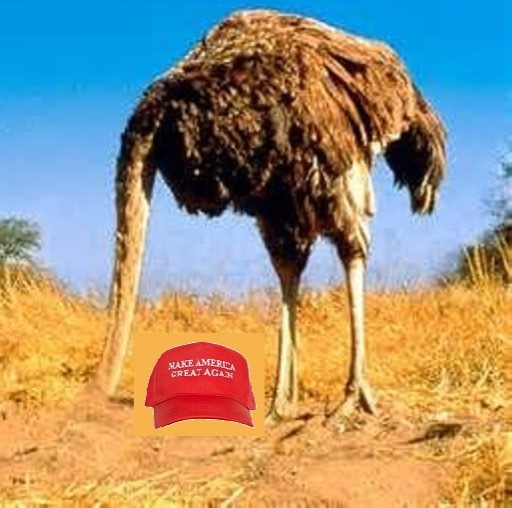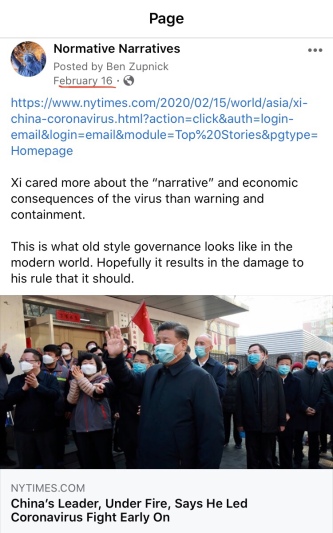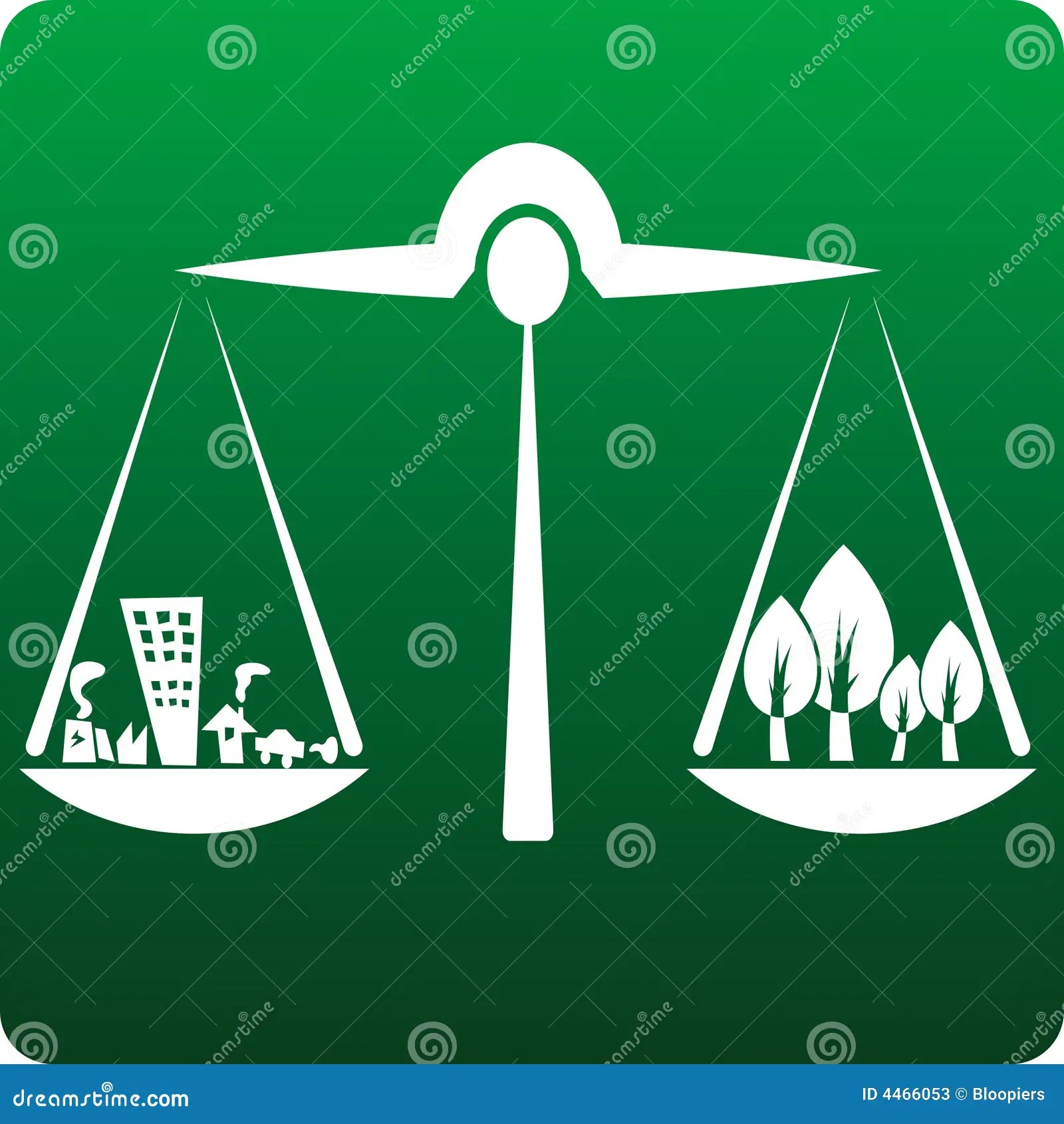
Much has been written about Trump’s failed response to the coronavirus. To sum it up, he disregarded his intelligence community and health experts, wasting months of prep time. His administration failed to ensure there was enough testing readily available in order to identify and isolate cases and track the interactions of those who tested positive (like Germany and South Korea did). He did not authorize the Defense Production Act soon enough and is having states bid against each other (and FEMA) for ventilators and protective equipment, leading to deadly shortages and driving up prices.
(Note–4/23): Best practices related to this novel virus are fast evolving as more information becomes available. Certain types of ventilators are now seen as being counter-productive in milder cases, so less are probably needed than initially feared. On the other hand, as more information about how the virus spreads comes out, protective equipment like face masks are now recognized as more important than initially thought)
While we are at it, lets give him credit for the ONE thing he did right–stopping travel from China. There ya go Donny, you did one thing right out of the many things you needed to do; you bought us more time to prepare, and did nothing with it.
But in order to get to the root of Trump’s failures related to the coronavirus, one has to look much further back. Back before that fateful day when a man in Wuhan, China ate a bat, leading to the emergence of a novel virus (or the virus was created in a lab–nothing would surprise me at this point).
We’ve dealt with pandemics in a globalized world before. By definition each novel virus is different, and there is certainly reason to believe COVID-19 is “worse” than past pandemics in a variety of ways, but our response to each pandemic is supposed to be better than the last. While respiratory illnesses can spread much more quickly than something like Ebola (it is much more like SARS and H1N1 in that regard), that is all the more reason that an aggressive, timely response was needed.
Instead Trump had fired the White House Pandemic Response Team, which was established specifically for this reason after the Ebola pandemic, as part of his small government “drain the swamp” crusade. His administration also failed to take any follow up action on an eerily accurate pandemic simulation it conducted in 2019, which showed America was not prepared to face a threat like this. Not only did Trump cut out crucial sources of information, he also disregarded whatever intelligence was left.
It may seem difficult to imagine now, but a world in which there was much greater containment was very possible. This would not have required clairvoyance, just reading the writing on the wall and acting to prevent the worst case scenario. I’d argue that any President in modern history, Democrat or Republican, would’ve acted more decisively to contain this thing. This isn’t a partisan problem, it’s a Trump problem; because of his worldview there was never even an attempt to coordinate a global containment strategy.
You may be thinking, “a global response, really? Trump is America’s President, he should be concerned with America’s interests”, and you’d be 100% correct. But an early global response would have been in both America and the rest of world’s best interests–everyone’s interests were aligned on this. It was only in failing to lead a global response that such a massive national response was needed (which Trump also failed to do properly).
The virus–by itself–is not what is killing people around the world in droves and leading to a global economic meltdown. The true root of the current crisis, rather, can be traced back to these two fateful words, so obviously riddled with unforeseeable consequences–“America First”.
When America Doesn’t Lead, No One Follows
America is exceptional not because it is the global superpower, but because of how it has used that position. While we have always had a strong military, it has been our soft power–our ability to empower those around the world who share our beliefs in human dignity (human rights) and freedom (democracy)–that has set us apart from previous superpowers. It was these beliefs that led us to construct an international system after WWII in which peace and cooperation were the recipe for shared prosperity.
But Trump doesn’t believe in this system, he thinks America is getting a raw deal. In his transactional, zero-sum view of the world, America is “getting taken advantage of”. All of our foreign aid, American led international organizations, diplomacy, and even military spending aren’t a means to securing our interests in a global world, but wastes. The costs are real because they are line items on a budget, but he is unable to comprehend the benefits because they are less easily measured.
This is not to say we haven’t been getting taken advantage of in some instances. I do not fault Trump for going after China for stealing American IP; innovation is our main engine of long term growth and must be protected. The EU and NATO should spend more on defense (although saying that while simultaneously increasing our military budget sends at best a mixed message, and at worst is counter productive). Trump wasn’t wrong about everything, but in totality he was wrong. He didn’t pick his battles on the international stage but rather opted for a scorched-earth approach, and now we are seeing the consequences.
When America doesn’t lead in it’s uniquely American way, no one else can fill the void. We can debate whether or not that is right, or fair, or smart, or even beneficial for us, but until someone else proves they can step up to the plate that’s the reality of the world we live in. The middle of a global crisis is certainly not the right time to be figuring out a new international system (although directly after is, and it will be interesting to see what sort of changes this catalyzes).
China has stepped into the leadership void in certain instances, but they have also done so in their own way. In the case of COVID-19, “their own way” was very, very damaging. I want to make it clear that in blaming Trump’s foreign policy I by no means absolve China of it’s role in all this. China bares a lot of responsibility for the situation we find ourselves in today. I was very critical of China when the NYT first reported their cover up effort.

As “punishment” the international community needs to find a way to impose the creation of a WHO office in China, one that has complete autonomy and does not need to run it’s findings past the Chinese government before reporting them. This would be a significant punishment–I don’t believe the UN has ever imposed something like this before, particularly on a permanent Security Council member, but given what has transpired I believe it is warranted. China will do everything it can to block such a move on national sovereignty grounds, but that argument rings hollow when we see the damage the coronavirus has caused outside their borders.
But blame and punishment aside, while China’s cover-up was reprehensible, it really just behaved exactly as one would (or should) have expected it to. China is an authoritarian country, currently ruled by it’s most totalitarian dictator since Mao. The Communist Party of China cares more about economic prosperity and the strength of the regime than it does about the rights or lives of its people. It controls the press and the internet and suppresses information, particularly information that makes it look bad.
America has a limited ability to influence a country’s internal affairs; this is more true of China than perhaps any other country in the world. But we amplified China’s worst decisions when the Trump administration cut two-thirds of our CDC positions in the country. These positions were in place specifically to help circumvent the Chinese government’s suppression of information (which in this case clearly hampered both America the WHOs response). In other words, to quote an epic rant by former Arizona Cardinals coach Derek Green, “they are who we thought they were, and we let em’ off the hook”.
Not only did we let China off the hook by not keeping those CDC positions in place, Trump actually followed Xi’s playbook. Months later, despite overwhelming evidence to the contrary, what did Trump do while the coronavirus was spreading through America? He played down the threat, more worried about short term economic concerns and the optics than people’s lives. When confronted with this reality, he tried to rewrite history to make himself look better. In other words, he did exactly what Xi did. Not only did Trump fail to live up to the demands of American leadership, he did the exact opposite, emulating Xi’s response. This makes Trump’s attempts to deflect blame towards China and the WHO all the more cynical.
So clearly the world could not look to China to lead on this, both because of their style of governance and the fact that the the virus originated there. Sadly the world could not look to America either due to our current leadership. But what about other potential leaders?
Germany has managed the crisis well within it’s own borders, and Chancellor Angela Merkel did the world a great service by being the first major head of state to be transparent about the scope of the pandemic. But as the European Union’s economic powerhouse and de facto leader it has failed in it’s larger leadership role, repeating the mistakes it made during The European Debt Crisis by hampering the monetary and fiscal responses needed to help poorer EU countries like Italy and Spain manage their health and economic crises. Germany has proven twice in recent history that it has no interest in being a European leader, let alone a world leader.
What about Russia? That’s a laugh. Putin is more concerned with reestablishing Russian influence than being a constructive player on the world stage. Putin actually thrives on chaos; look for him to try to use the current situation to the advantage of the terrible dictators he supports like Assad and Maduro. Russia lacks the will, and probably the ability, to fill America’s leadership void.
So while a man eating a bat likely caused COVID-19, “America First” turned it into the global crisis we are experiencing today. This crisis was in the making long before the virus emerged: it was cemented every time Trump cut an important position abroad because he thought other countries should be paying more; every time he disparaged and cut funding to organizations like the UN that enable more effective coordination on global issues; and every time he used inflammatory language against friend and foe alike, pushing world leaders farther apart.
With great power comes great benefits but also great responsibility, something Trump does not seem to understand. Of course Trump did not cause COVID-19 the virus, but he–more than anyone else–more than the WHO director, Xi Jinping, or patient-zero, owns the resulting global crisis. Many people warned about the dangers of “America First”, and while few could’ve foreseen this, all it’s critics said there would be unanticipated consequences and that they could be catastrophic.
Combine Trump’s “America First” foreign policy with his anti-government ideology, science denialism, and delusional belief in his ability to miraculously will things into existence, and even a two month head start wasn’t enough for him to protect America’s self interests, let alone lead a global response (although, as noted earlier, those two things were really one in the same). Even now that he is finally “taking this thing seriously”, he couldn’t even let the CDC recommend Americans wear face masks in public without undermining that message in the same breath. I guess a face mask just can’t fit over the foot he keeps putting in his mouth…
“America First” has not resulted in the less global world Trump suggested it would. For proof, just look at how the virus has spread. Look at how supply chain disruptions are further hampering America’s response. Look at the collapse of the global economy. All “America First” has done, all it ever could have really accomplished, was leave America in a worse position to deal with the complex problems that arise in the interconnected world we live in. Due to America’s unique ability to lead, not only is America worse off because of it, the whole world is.
“They Have to Treat Us Well”
Still not convinced? Think I being too hard on Trump? Then ask yourself this question and answer honestly: are you really surprised that the most disruptive and damaging global event since WWII happened on President Trump’s watch?
Trump has blamed everyone else for his failed response: Obama, the WHO, Governors, NYC hospital workers, even private sector companies. He has lashed out at reporters for asking basic questions. He has suggested his willingness to help is based on how nice people are to him, not need. His daily press conferences elicit facepalms, anger, and confusion, not calm and clarity.
But according to Trump his response has been perfect, a 10/10. Nothing in the way he has handled this crisis, nothing in the way he has conducted himself during his Presidency (or his life, really), gives Trump any right to expect people to go easy on him as he belligerently defends his failed response to a crisis largely of his own making.
You can’t learn the right lessons if you can’t critically assess your own actions or listen to dissenting opinion with an open mind. So what lessons, if any, has Trump taken from this global health crisis? That the leading global health organization should no longer receive US funding (as it actively tries to play a constructive role in limiting the damage of the coronavirus). These shortcomings have been hallmarks of the Trump Presidency, and based on the past few months there is no reason to believe anything will change that. Therefore not only have Trump’s actions been extremely damaging thus far, but given the opportunity they will continue to be; we can already see this in his “reopening plan”, which has many of the same holes his initial response had.
As I said before, this wasn’t and isn’t a partisan problem, it’s a Trump problem. Despite his desire to convince them otherwise, blaming Donald Trump the man and blaming his supporters are not the same things. If anyone was looking for a way off the Trump-train without admitting they were wrong before, this is it.
Motivations for writing this piece
I didn’t write this article just to pile on Trump. This isn’t me grinding my axe over personality or policy differences I have with the President that predated this crisis. It is about the tens of thousands needlessly dying and the trillions of dollars now required to save the economy over something that easily could have been much less costly on both fronts. It is about all of us being forced to put our lives on hold. Being upset about these things is natural, and has nothing to do with politics.
No one is disputing the very real negative aspects of stay-at-home orders. The impacts of joblessness, poverty, and uncertainty on people’s mental and physical health are very real. But we also have to acknowledge that the preventable and premature loss of a loved one probably has a much deeper and more enduring mental health impact than temporary joblessness. Unfortunately, due to the massive amounts of money being spent right now fighting this thing, when it’s all over it will be a lot harder to address the many structural unfarinesses that this crisis has laid bare.
I am writing this piece because it did not have to be this way. We must hold those responsible for the situation we currently find ourselves in accountable. So who is primarily to blame? Xi Jinping and Donald Trump–the two most powerful people in the world.
Unfortunately no one elects China’s President; short of a massive Chinese revolution or starting WW3, there isn’t much that can be done in the short-term to hold Xi accountable. Maybe my proposed “punishment”, setting up a WHO office in China outside the government’s normal chain of command, seems soft to you–it is not. “National sovereignty” is the principle China uses to shirk accountability on the international stage for all of its transgressions against its people, and this punishment would undermine that power. If this idea is ever proposed, see how vehemently China fights against it.
Thankfully we do elect America’s President. Trump will never be able to repay the trillions of dollars his inactions have cost the American taxpayer. No one can bring back the tens of thousands that are needlessly dying, or undo the immeasurable pain those deaths cause. While there will never truly be justice, we can still hold him accountable by making sure he is never again in a position to cause so much damage. We can also lay the blame squarely where it belongs. To someone as power and ego driven as President Trump, those are meaningful punishments.









